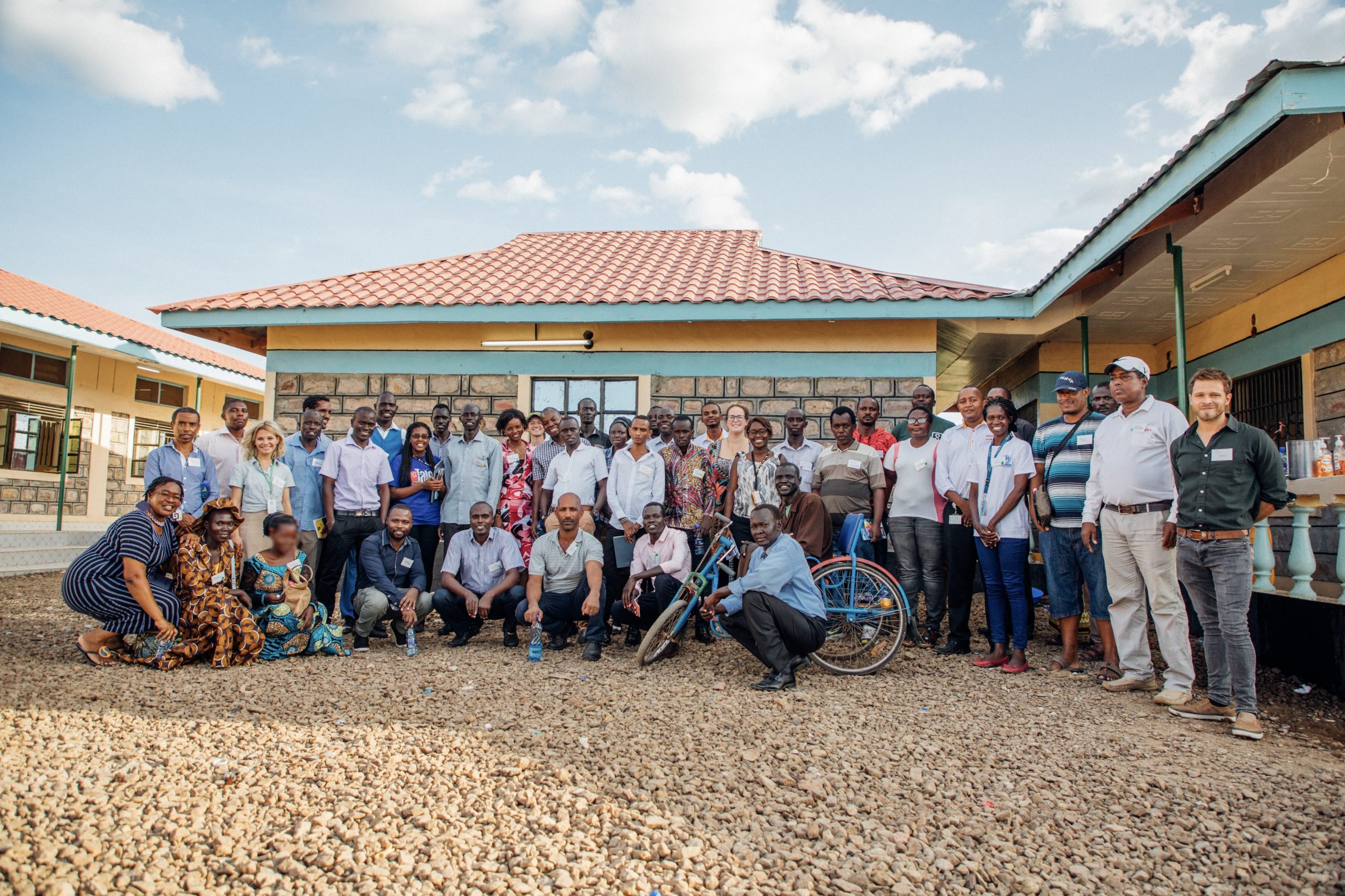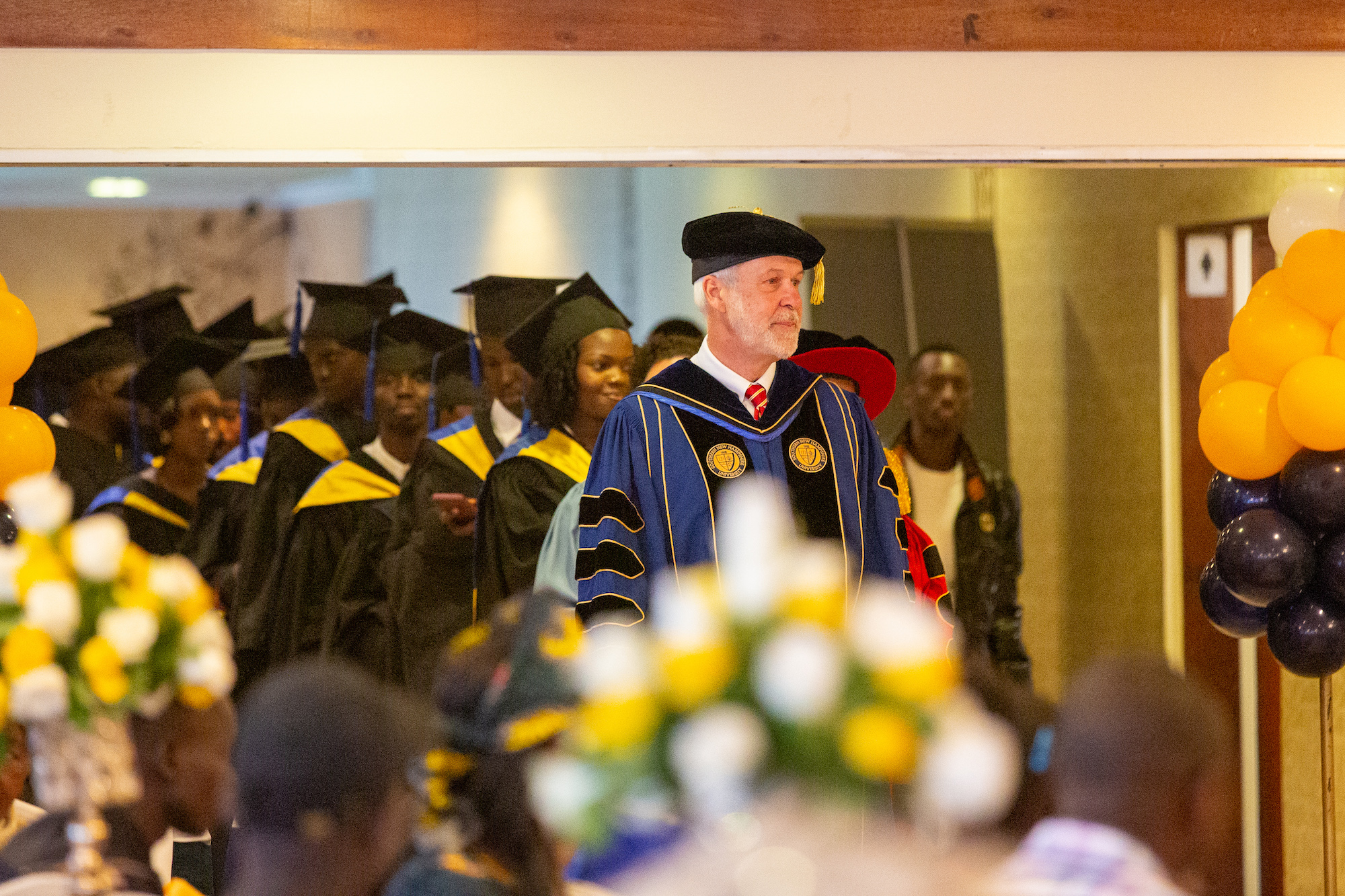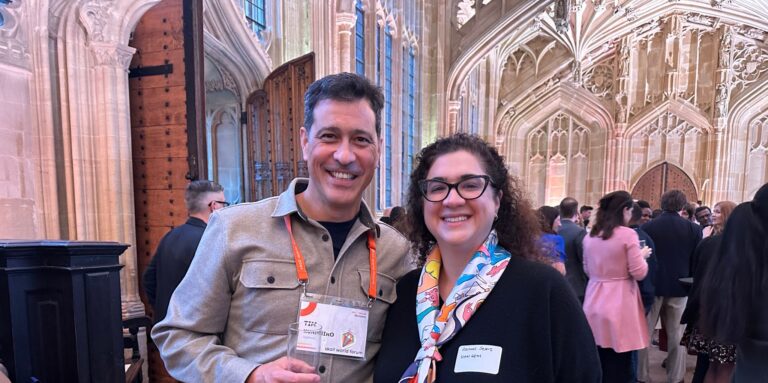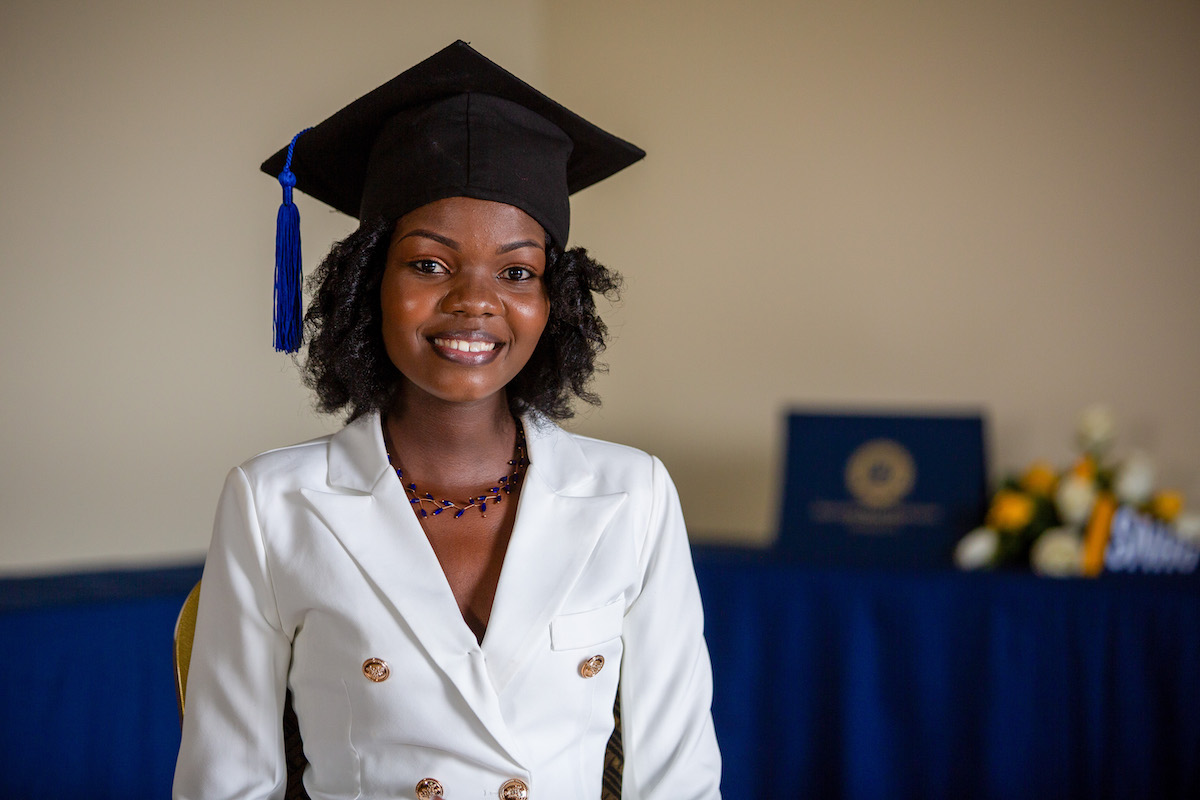As Dadaab and Kakuma camps face potential closure, we will ensure students have uninterrupted access to GEM scholarships and support.
Uncertainty is a daily reality for refugees around the world. This is especially true for refugees living in the Dadaab and Kakuma camps, which may soon close.
As part of the international higher education community, Southern New Hampshire University’s Global Education Movement (GEM) is particularly focused on Kakuma refugee camp, where we operate, and where 200,000 refugees who call Kakuma home are likely feeling the distress of uncertainty.
But during this challenging time, and especially in the context of the pandemic, one thing is certain: SNHU GEM and our partner, Jesuit Worldwide Learning (JWL), stand behind our Kakuma students, their families, and their community—no matter what happens, we will ensure that students have access to their scholarships and learning.
Today, GEM supports nearly 100 enrolled students and 5 staff in the Kakuma camp, as well as the hundreds of GEM alumni as they secure employment both inside and outside of the camp. Our current class of students speaks 24 languages. Nearly 70% of our Kakuma learners have children, 76% are completing their degree while working, and 94% are the first in their families to attend higher education. Our students are resilient, resourceful and entrepreneurial individuals who have made Kakuma a better, more hopeful place. And they are exactly who GEM’s adaptive, student-centered model was designed to empower.
Whether our students remain in Kakuma or are forced to relocate, our first priority is ensuring they have access to their scholarships and our supports—and the flexibility of our program is well suited for these challenges and others they may face. As these students continue to better their lives and their communities with tenacity, vision and skill, we urge the international community to work together to provide opportunities, not uncertainty for our refugee communities.



